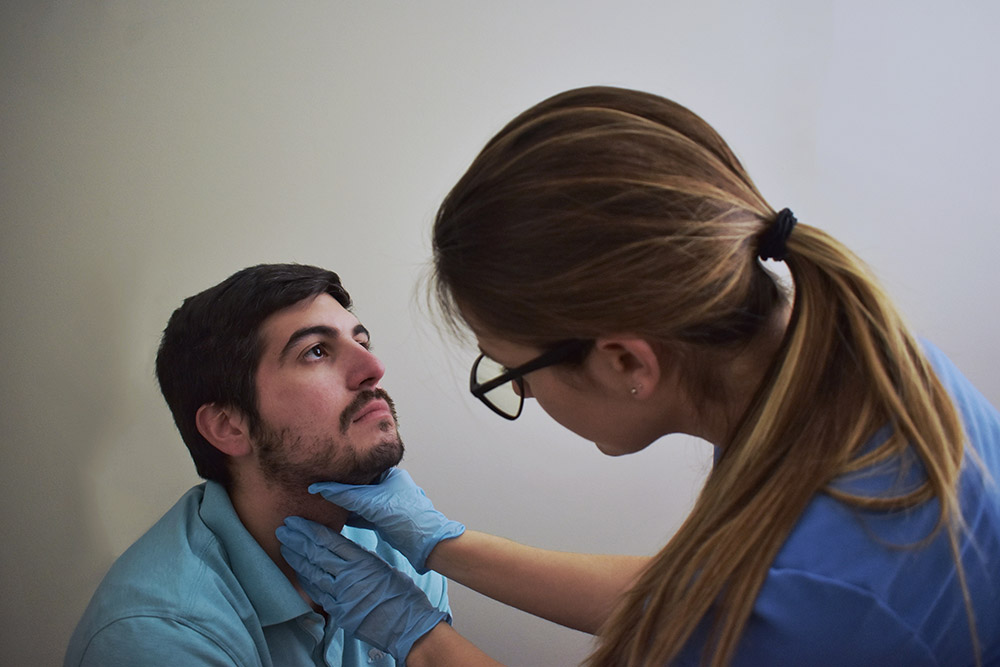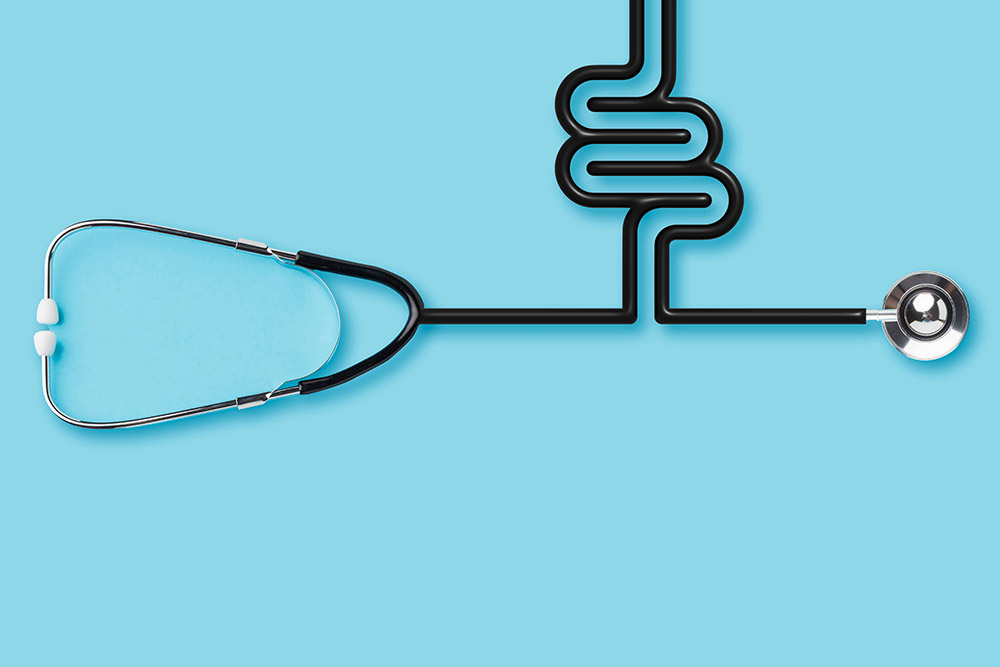Expert Treatment for Irritable Bowel Syndrome Diarrhea by Dr. Bharat Pothuri
Dr. Pothuri uses a step-by-step approach:
Medical History and Physical Exam
He reviews your gut symptoms, stool patterns (diarrhea, constipation, alternating), epigastric pain, dietary triggers, stressors, and family history.
Rome IV Criteria Assessment
He applies the standardized Rome IV guidelines to confirm IBS-D, focusing on the frequency and characteristics of abdominal pain and bowel habit changes.
Laboratory and Stool Tests
Blood work (CBC, thyroid, inflammatory markers) and celiac screening rule out other causes. Stool studies check for infections, inflammation, and small intestinal bacterial overgrowth (SIBO).
Endoscopic Evaluation
- Colonoscopy-Recommended if you're over 50 or have -red-flag- signs (bleeding, weight loss, family history of colon cancer).
- Upper Endoscopy-Performed when epigastric pain or reflux symptoms are prominent to exclude ulcers, gastritis, or other upper GI disorders.
Imaging and Motility Studies
- Abdominal ultrasound or CT scan-to rule out structural liver, pancreatic, or gallbladder disease if indicated.
- Breath tests or motility manometry-to evaluate for SIBO or abnormal intestinal movement in refractory cases.
Advanced Diagnostics (as needed)
In select patients, neuromodulation testing or biofeedback evaluation may be used to assess nerve-muscle interactions and guide specialized therapies.

Frequently Asked Questions
What can trigger IBS-D?
Stress, certain foods (dairy, caffeine, spicy dishes, high-FODMAP items), and past gut infections are common triggers.
Is IBS-D dangerous?
No. IBS-D can significantly impact quality of life, but it does not cause intestinal damage or increase cancer risk.
When will I start to feel better?
Many patients notice symptom relief within two to four weeks of starting a personalized treatment plan.
Do I need a colonoscopy?
If you're over 50 or have red-flag signs (bleeding, unexplained weight loss, family history of colon cancer), Dr. Pothuri may recommend one.
Do probiotics help?
Some probiotic strains can rebalance gut flora and reduce symptoms. Dr. Pothuri will guide you on the best options.
What if treatment does not work?
We offer advanced testing and therapies-such as motility studies, biofeedback, and neuromodulation-for patients with persistent symptoms.
Does stress make IBS worse?
Yes. Stress management techniques-like breathing exercises, mind-body therapies, and regular gentle movement-often help improve symptom control.












